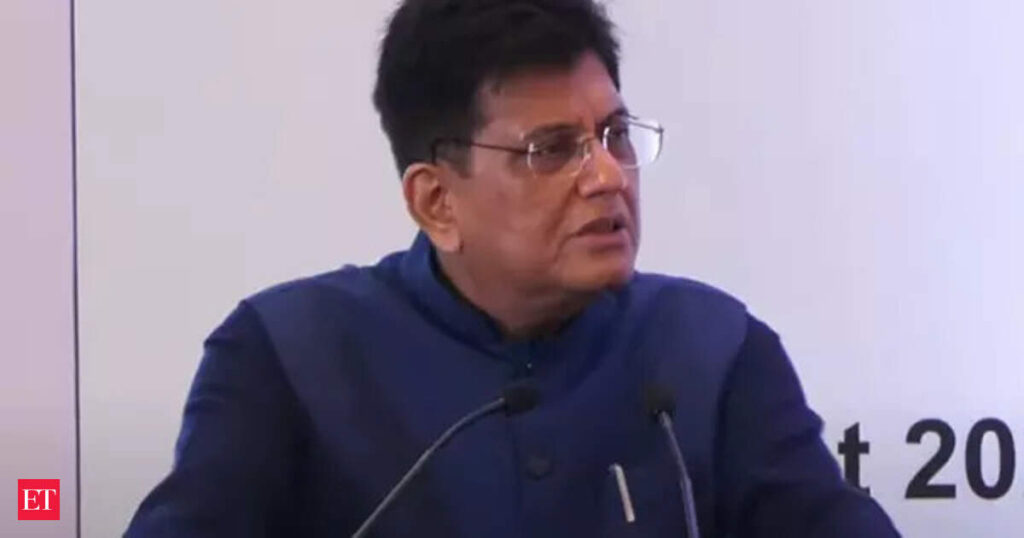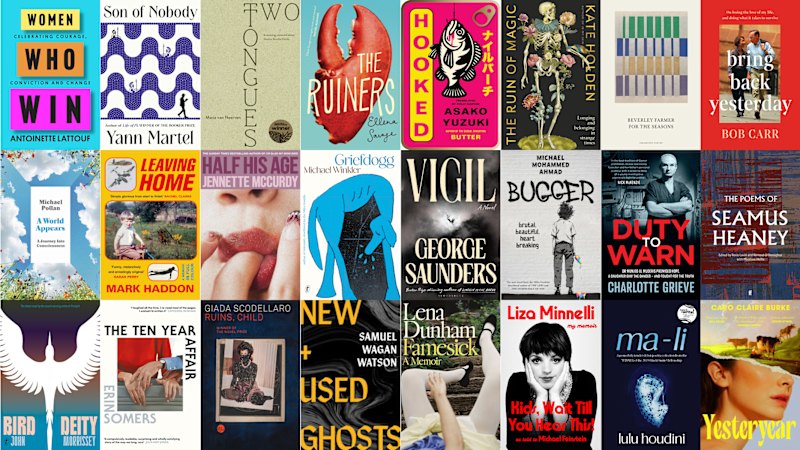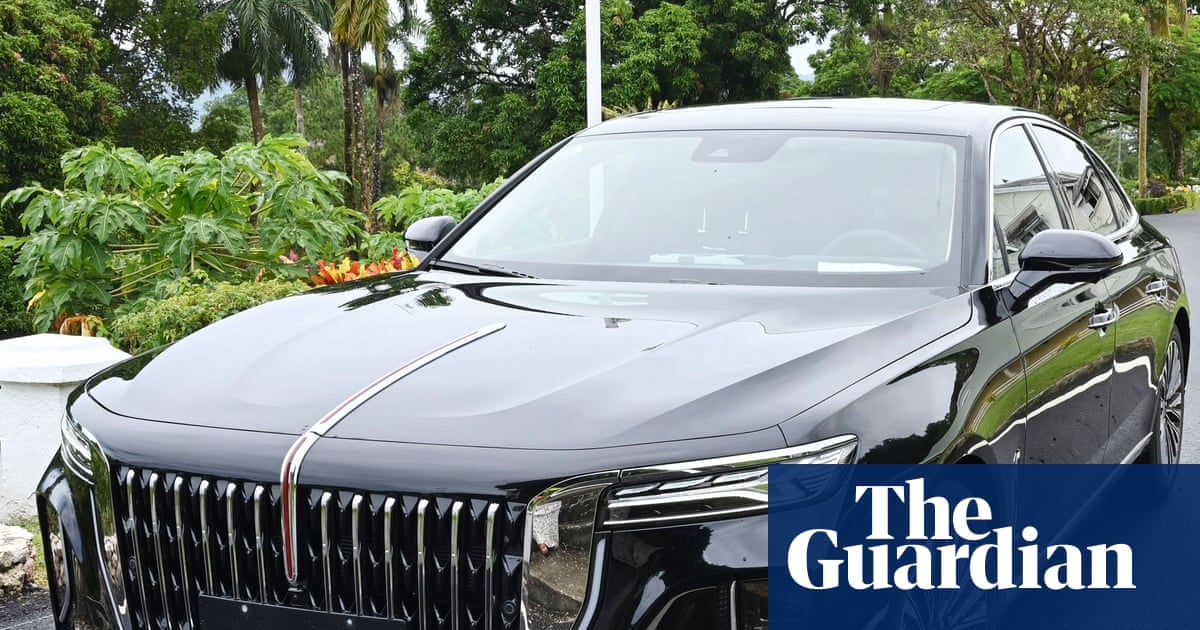
Union Minister Piyush Goyal announced on Sunday that India is in “deep negotiations” with Australia to construct one million homes, a project valued at an estimated $500 billion. The initiative also involves discussions with the United Arab Emirates (UAE) for potential financing. Goyal made these remarks during an event in Mumbai, highlighting the scale and significance of the proposed development.
While the specifics of the project, such as the exact location within Australia and the financial commitments from both nations, remain undisclosed, Goyal emphasized the opportunity this presents. “A million homes in Australia would be at least a USD 500 billion opportunity,” he stated. The minister also suggested that Indian workers could be trained in Australia to meet local building standards, thereby enhancing their skill sets.
Addressing Australia’s Housing Shortage
This development comes amid reports of a housing shortage in Australia, exacerbated by high property prices and increasing demand. Housing was a pivotal issue in Australia’s recent national elections, underscoring the urgency of addressing the supply-demand gap. The collaboration between India and Australia could potentially alleviate some of these pressures by increasing the housing supply.
Goyal’s proposal to involve the UAE in financing the project reflects a broader strategy to engage international partners in large-scale infrastructure initiatives. “I talked to Thani to see if we can do a partnership to help us fund this massive opportunity,” Goyal mentioned, referring to his discussions with UAE Trade Minister Thani bin Ahmed Al Zeyoudi.
Expanding Trade Relations
The announcement coincides with ongoing negotiations for a free trade agreement between India and Australia. This prospective deal is part of a broader effort by India to strengthen economic ties with key global partners. Australia has shown support for India, particularly after facing a 50 percent tariff from the United States, which has prompted India to seek new markets for its exports.
Goyal expressed confidence in India’s ability to overcome these challenges, stating that the country’s exports are projected to exceed $825 billion by FY25 despite the tariffs. “We will find newer markets for our goods,” he assured, highlighting India’s resilience and adaptability in the global trade landscape.
Global Trade Initiatives
Beyond Australia, India is actively pursuing trade agreements with several other nations. Goyal mentioned that a balanced and mutually beneficial deal with Oman is anticipated within the next two weeks. Additionally, a pact with New Zealand is expected to be signed in the coming months, followed by an agreement with the European Union by the year’s end.
The minister noted that the EU, a $17 trillion economic bloc, is keen to conclude the trade agreement swiftly. Union Commerce Secretary Sunil Barthwal is scheduled to meet with EU officials in Brussels to expedite the process. “Continuous engagement” is underway to finalize the agreement, with EU trade representatives visiting India next month ahead of a ministerial visit on September 12.
Expanding Horizons
India’s trade ambitions extend to other regions as well. Goyal is set to finalize terms for an agreement with Qatar during his upcoming visit. Meanwhile, countries in South America, such as Chile and Peru, are eager to fast-track their trade engagements with India. “South Africa is among the latest countries to evince interest in forging a trade pact with India,” Goyal added, noting progress with Eastern European nations as well.
These initiatives reflect India’s strategic approach to diversifying its trade partnerships and enhancing its global economic footprint. As India continues to negotiate and finalize multiple trade agreements, the potential for increased economic collaboration and growth remains significant.
In conclusion, India’s ambitious housing project in Australia, coupled with its proactive trade negotiations, underscores the country’s commitment to expanding its international influence and fostering economic development. The coming months will be crucial as these discussions progress and new partnerships are forged.







